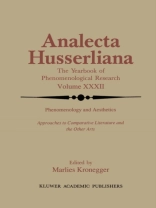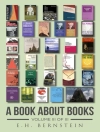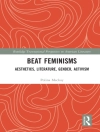and the one in the middle which judges as he enjoys and enjoys as he judges. This latter kind really reproduces the work of art anew. The division of our Symposium into three sections is justified by the fact that phenomenology, from Husserl, Heidegger, Moritz Geiger, Ingarden, in Germany and Poland, Merleau-Ponty, Paul Ricoeur, E. Levinas in France, Unamuno in Spain, and Tymieniecka, in the United States, have revealed striking coincidences in trying to answer the following questions: What is the philosophical vocation of literature? Does literature have any significance for our lives? Why does the lyric moment, present in all creative endeavors, in myth, dance, plastic art, ritual, poetry, lift the human life to a higher and authentically human level of the existential experience of man? Our investigations answer our fundamental inquiry: What makes a literary work a work of art? What makes a literary work a literary work, if not aesthetic enjoyment? As much as the formation of an aesthetic language culminates in artistic creation, the formation of a philosophical language lives within the orbit of creative imagination.
M. Kronegger
Phenomenology and Aesthetics [PDF ebook]
Approaches to Comparative Literature and the Other Arts
Phenomenology and Aesthetics [PDF ebook]
Approaches to Comparative Literature and the Other Arts
购买此电子书可免费获赠一本!
语言 英语 ● 格式 PDF ● ISBN 9789400920279 ● 编辑 M. Kronegger ● 出版者 Springer Netherlands ● 发布时间 2012 ● 下载 3 时 ● 货币 EUR ● ID 4703412 ● 复制保护 Adobe DRM
需要具备DRM功能的电子书阅读器












